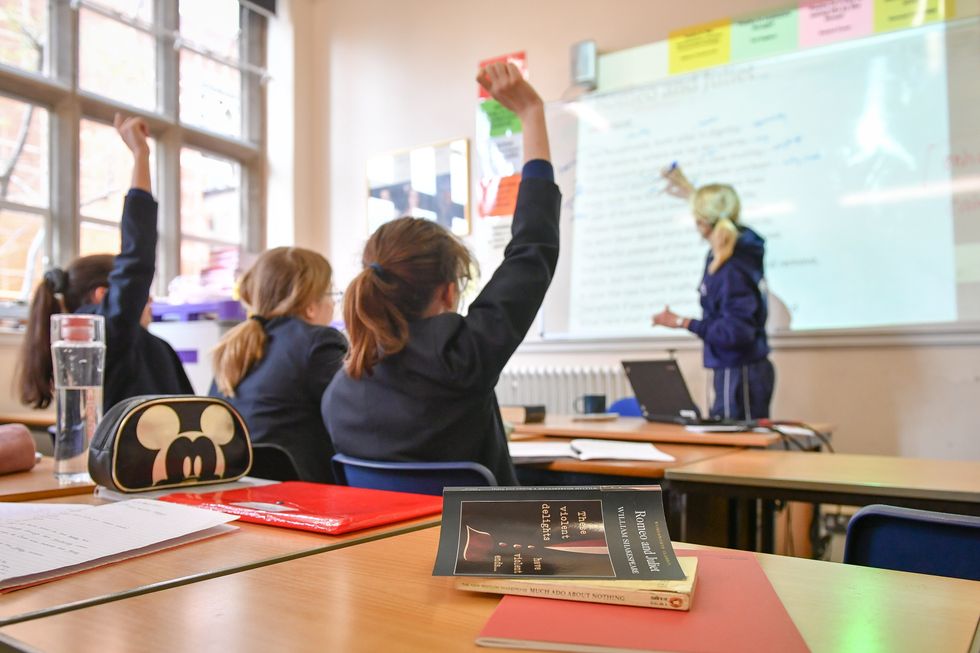Mental health referrals for children surge by more than half during Covid pandemic

Analysis from the Centre for Mental Health showed 1.5 million children and young people will need mental health support because of the pandemic over coming years.
Don't Miss
Most Read
A record number of children and young people in England have sought mental health support, according to new analysis.
Analysis from the Centre for Mental Health showed 1.5 million children and young people will need mental health support because of the pandemic over the coming years.
Between April and October of 2021, there were 395,369 referrals to NHS Child and Adolescent Mental Health Services, a rise of 52 per cent from the previous year.
The charity YoungMinds cites "endless disruption to schooling, long periods of isolation, losing support networks and struggling to access services" as main contributors to the rise.
According to a 2020 report by the charity, 83% of respondents said their mental health had become worse.
Analysis from the Centre for Mental Health showed 1.5 million children and young people will need mental health support because of the pandemic over the coming years.
David Jones
Head of external affairs at YoungMinds Olly Parker told the Daily Mail: "We know from parents who have been using our helpline and other services how hard life has been for many children over the last year.
"Even before the pandemic, many young people struggled to access support from mental health services.
"But those services are now facing unprecedented demand and the reality is too many young people and families just can't get the help they need.
"The evidence is clear that a greater range of mental health support for young people must be made available."
It comes as a survey revealed primary school-aged children with long Covid are significantly more likely to have a mental disorder than those without, according to
Between April and October of 2021, there were 395,369 referrals to NHS Child and Adolescent Mental Health Services, a rise of 52 per cent from the previous year.
Ben Birchall
The Office for National Statistics (ONS) found pupils from reception to Year 7 suffering long-term effects of the virus were 30% more likely to have at least one probable mental illness.
Parents across the country were sent questions to answer on behalf of their children, with around 1% of primary school pupils estimated to meet the Delphi criteria for long Covid.
The Delphi method defines long Covid as being present if symptoms affecting everyday life continue over a 12-week period or longer.
A total of 8% of primary school-aged pupils were found to have a probable mental disorder and a further 7.6% had a possible mental disorder, according to the figures.
About 30% of children with long Covid presented with a probable mental illness compared with 7.7% without long Covid.













